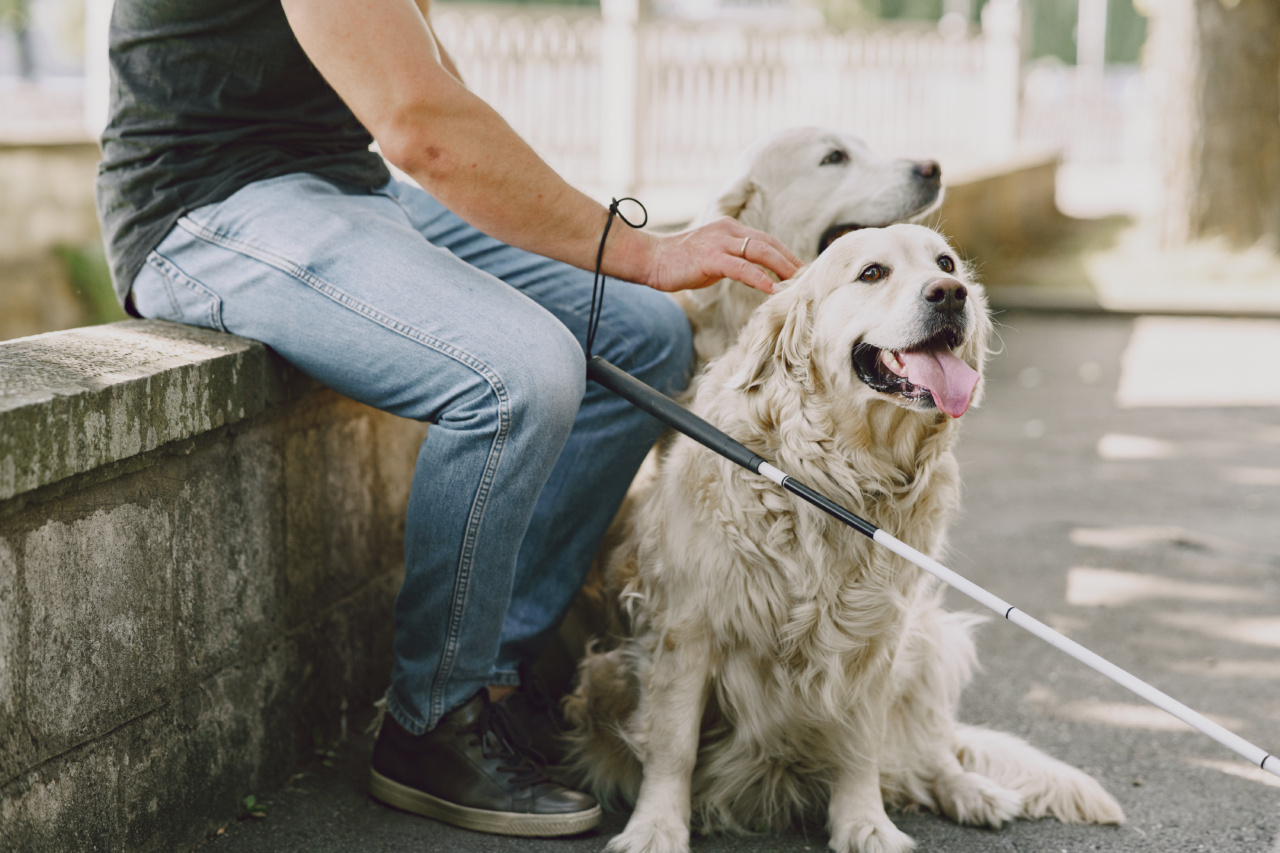As our furry friends age, they may develop a range of health conditions, including cognitive decline. Canine dementia, or cognitive dysfunction syndrome (CDS), is a common condition among older dogs.
According to the American Kennel Club, CDS affects approximately 50% of dogs over the age of 10. If your dog is exhibiting signs of dementia, it can be a challenging and emotional experience. However, with proper management and support, you can help your pet live a happy and comfortable life.
Here’s everything you need to know about managing canine dementia.
What is Canine Dementia?
Canine dementia is a condition that affects a dog’s cognitive ability. As a dog ages, changes in their brain function can lead to a decline in memory, perception, and learning ability.
This condition is similar to Alzheimer’s or dementia in humans.
Symptoms of Canine Dementia
Cognitive decline can manifest in various ways, and symptoms of canine dementia can vary from dog to dog. Some common symptoms to look out for include:.
- Disorientation
- Restlessness or agitation
- Changes in sleeping patterns
- Pacing or wandering
- Decreased interaction with family members
- Incontinence
- Loss of interest in playing or exercising
- Repetitive behavior (such as licking or barking)
- Forgetfulness
- Changes in personality
If your senior pet exhibits any of these symptoms, it may be time to schedule a visit with your veterinarian. They can help diagnose the condition and discuss treatment options with you.
Diagnosing Canine Dementia
Diagnosing canine dementia can be challenging, as there are no definitive tests for the condition.
Instead, your veterinarian will likely perform a comprehensive exam to rule out any other medical conditions that could be causing your dog’s symptoms. They may also ask you about your dog’s behavior and medical history. In some cases, your vet may refer you to a veterinary neurologist for further testing.
Treatment for Canine Dementia
While there is no cure for canine dementia, there are ways to manage the condition and improve your dog’s quality of life. Here are some treatment options to consider:.
Medication
Your vet may prescribe medication to help manage your dog’s symptoms. There are several drugs on the market that can help improve cognitive function in dogs, including selegiline and propentofylline.
These drugs work by increasing blood flow to the brain, which can improve memory and learning ability. Your vet may also prescribe medications to help manage other symptoms, such as anxiety or incontinence.
Dietary Changes
Feeding your dog a healthy and balanced diet is important for their overall health, but it can also help manage their dementia symptoms. Some pet food companies make specially formulated diets that can help improve cognitive function in older dogs.
These diets are usually high in antioxidants and omega-3 fatty acids, which can help reduce inflammation in the brain and improve cognitive function.
Environmental Enrichment
Providing your dog with a stimulating environment can help keep their mind active and reduce some of their symptoms. Consider adding puzzles and interactive toys to your dog’s routine, or providing them with regular walks and playtime.
You can also try scent work or obedience training to stimulate your dog’s cognitive abilities.
Routine and Consistency
Creating a routine and sticking to it can be helpful for dogs with dementia. Try to keep your dog’s schedule consistent, with regular mealtimes, playtime, and bedtime. This can help reduce confusion and anxiety in your pet.
Caring for a Dog with Dementia
Caring for a dog with dementia can be challenging, but it’s essential to provide your pet with the care and support they need. Here are some tips for caring for a dog with dementia:.
Be Patient and Understanding
Dogs with dementia may exhibit a range of frustrating and confusing behaviors. It’s important to be patient and understanding with your pet, even if they have accidents or wake you up in the middle of the night.
Remember, they are not doing this to be difficult – it’s a symptom of their medical condition.
Reduce Stress
Dogs with dementia may become anxious or stressed, which can exacerbate their symptoms. Try to reduce stress in your pet’s environment by creating a calm and peaceful space for them to rest.
Avoid loud noises or sudden movements, and consider using calming aids, such as pheromone diffusers or calming music.
Adapt to their Needs
Dogs with dementia may need some extra help with daily activities, such as going up or down stairs or getting in and out of the car. Consider making changes to your home or car to make it easier for your pet to get around.
You may also need to adjust your pet’s diet or take them to the vet more often to manage their condition.
Provide Plenty of Love and Affection
Dogs with dementia may be confused and disoriented, but they still crave love and affection from their owners. Spend extra time with your pet, petting and talking to them, and providing them with plenty of snuggles.
This can help reduce their anxiety and improve their overall quality of life.
Conclusion
Caring for a dog with dementia can be challenging, but it’s essential to provide your pet with the care and support they need.
By working with your veterinarian and implementing these strategies, you can help your senior pet live a happy and comfortable life.






























